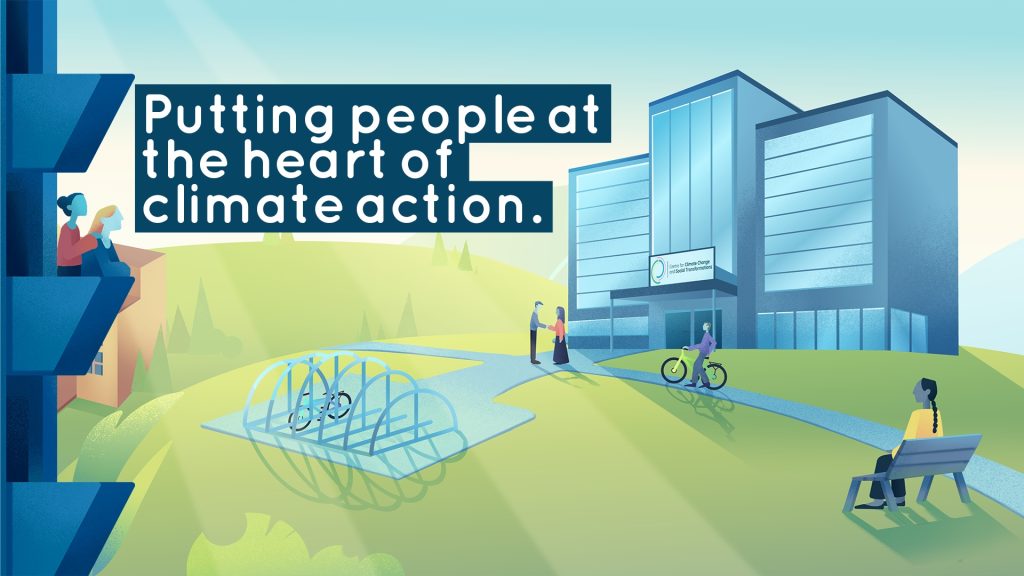
The Centre for Climate Change and Social Transformations (CAST) is a global hub for understanding the profound societal changes required to address climate change and does so by working collaboratively across the social sciences and with non-academic partners.
We recognise that in order to achieve this goal, it requires developing solutions that are fair and involves diverse groups to ensure a sustainable future that benefits everyone.
The core aim of the CAST Equality Diversity & Inclusion (EDI) Plan is to foster an inclusive culture that is fair, values diversity, and maintains a working and social environment in which the rights and dignity of our staff, students, and stakeholders are respected. We recognise that many people face structural inequalities and that to address these, proactive and targeted support is needed to help level the playing field.
